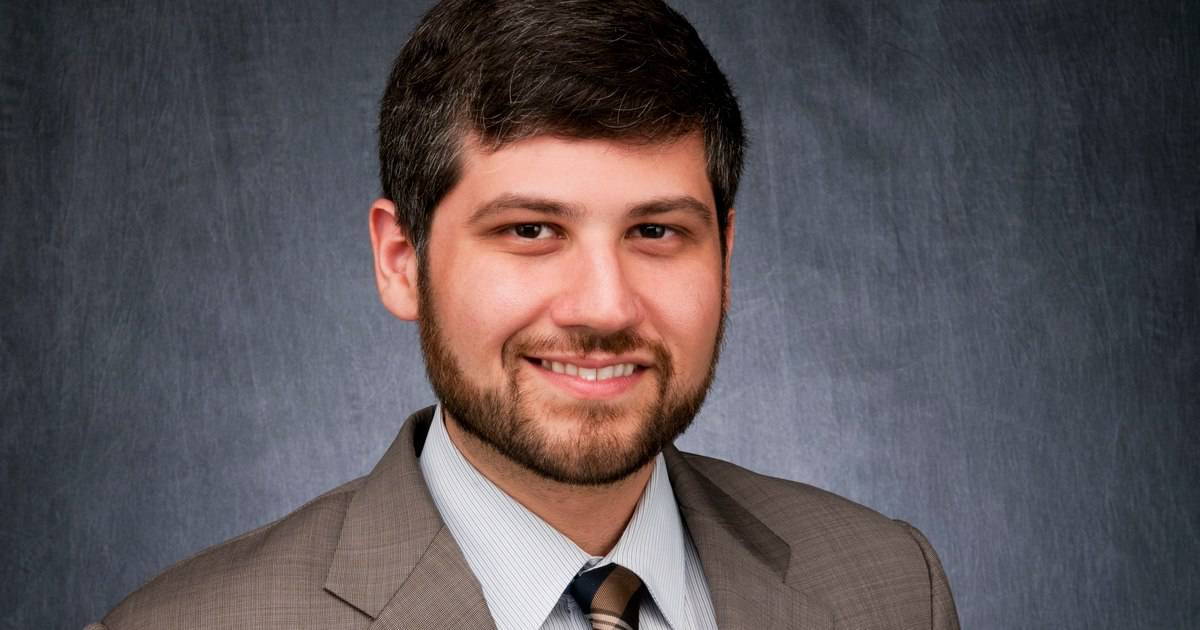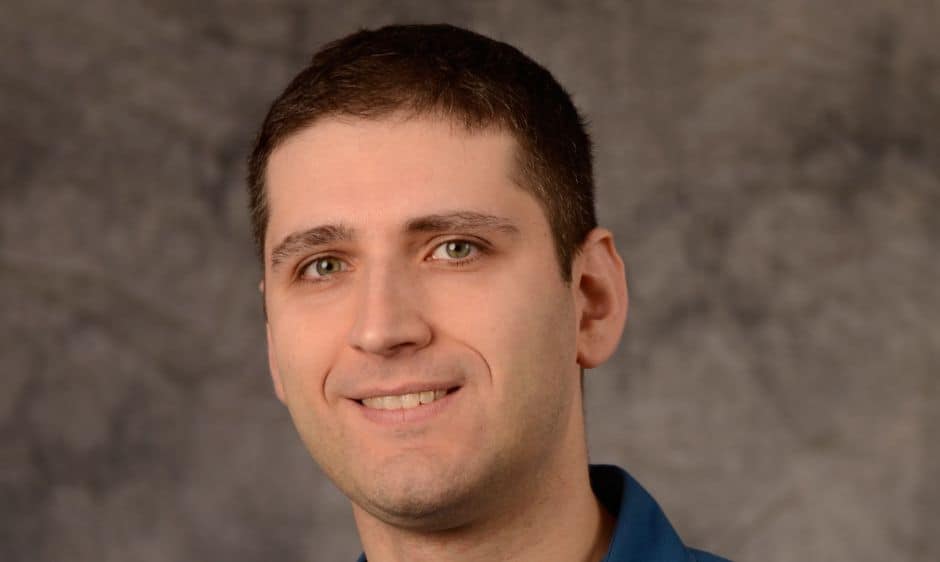Introduction
In 2004, America Coming Together (ACT) made a big splash as one of the larger independent “527” committees set up to influence the presidential election. The organization was created and funded largely by wealthy donors and labor unions who opposed the re-election of George W. Bush and hoped to spend millions to influence the outcome. Though ACT ceased its political advocacy in 2005, a Center for Public Integrity analysis of political action committee filings — part of an upcoming project focused on PAC spending habits — discovered that the group’s political action committee is still alive and has spent nearly $1.8 million since the start of 2007.
It seemed more than a little bizarre. Not only did the reportedly shuttered organization still seem to be operating, it was one of the heaviest-spending committees over that period. Indeed ACT was one of just 200 PACs to spend at least $1.75 million over the past three and a half years; more than 4,000 others spent less than that. What’s going on? The answer provides an interesting window into the continuing fallout from the 2004 presidential election, even six years later.
In the first presidential contest governed by the Bipartisan Campaign Reform Act of 2002 (commonly known as McCain-Feingold), ACT and other so-called 527 committees spent millions of dollars to attempt to influence voters. ACT was particularly focused on get-out-the-vote efforts to help energize progressives to vote — presumably for Democratic standard-bearer John Kerry. These independent groups, which also included the conservative Swift Boat Veterans for Truth and the liberal MoveOn.org Voter Fund, operated without clearly defined rules. Complaints were filed by those who felt ACT and other 527s had illegally exceeded campaign finance limits. The process was slow and dragged on until 2007 when the groups famously agreed to pay thousands of dollars in Federal Election Commission fines. In the case of ACT, the organization’s leaders opted to pay a whopping $775,000 civil penalty rather than continue to fight what they feared would be an unending legal process.
Because the FEC action was not settled until August of 2007, explains ACT’s chief financial officer Gary Gruber, the group was forced to maintain a political action committee even though it was no longer active. Beyond fines, the roughly $1.8 million was spent mostly on overhead and legal fees. Shortly after the FEC’s case was settled, unsuccessful independent presidential candidate Ralph Nader filed his own FEC complaint against ACT, the Democratic Party, Senator John Kerry, and other groups he believed had unlawfully worked to deny him ballot access in the 2004 campaign. And, because of these new complaints, the PAC was again forced to stay open.
“Until the complaints were done, we couldn’t pull the plug,” Gruber told the Center. Former FEC Chairman Scott Thomas confirmed to the Center that this is correct; a PAC must receive permission from the commission before terminating and committees under investigation must remain open until their cases are closed.
Nader’s grievance was finally dismissed in June of this year and the PAC now hopes it can finally shut its doors for good. Those doors, interestingly, are in office space at 1101 Vermont Avenue NW that the group rents from Catalist, a voter database company. Harold Ickes, a prominent former adviser to both Bill and Hillary Clinton and ACT organizer, is president of the company and Gruber is its chief financial officer. ACT reports payments totaling $15,000 to Catalist for its portion of the space since April 2008.
Using revenue from rentals of its voter lists, the PAC has taken in enough money to cover much of the $1.8 million it has spent. The PAC has not reported any political activities since 2005.
“There is no purpose to [the PAC] anymore,” Gruber notes. “We’re finalizing a few things and closing it out before the end of this year.”
And, if all goes according to plan, that will be ACT’s last act.


Join the conversation
Show Comments